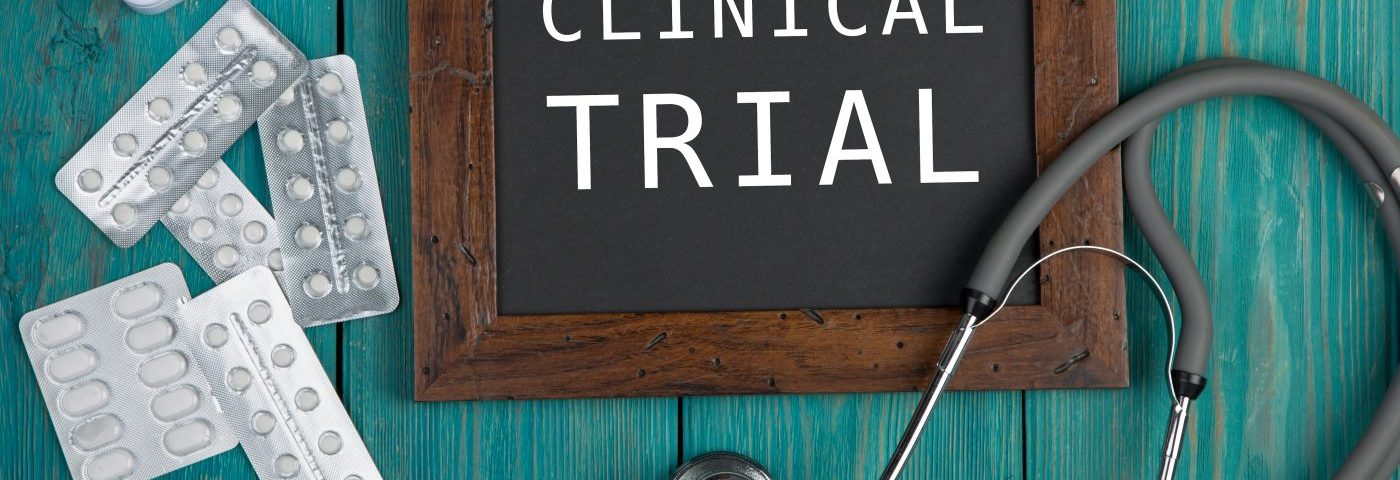Natural killer (NK) cells — a type of immune system cell — engineered with a chimeric antigen receptor against CD19 completely eliminated tumors in 64% of people with non-Hodgkin’s lymphoma or chronic lymphocytic leukemia in a Phase 1/2 clinical trial, with few toxic side effects, preliminary results show.
The findings were described in The New England Journal Of Medicine, in a paper titled “Use of CAR-Transduced Natural Killer Cells in CD19-Positive Lymphoid Tumors.”
Chimeric antigen receptors (CARs) are basically proteins that can direct the activity of immune cells against other cells expressing a given molecular target. For instance, some blood cancer cells express the protein CD19 at high levels; CARs specific to CD19 can trigger immune cell-mediated killing of these cancer cells.
To date, most CAR-based therapies have relied on CARs in immune cells called T-cells. Broadly speaking, T-cells are adept at recognizing and killing cells with specific molecular targets on their own — CARs are essentially modified versions of receptors that most T-cells have, so this strategy is somewhat intuitive. Two CD19-targeted CAR T-cell therapies have already been approved for treating blood cancers.
However, using T-cells for CAR therapies can cause dangerous side effects, including neurotoxicity (damage to the nervous system) and cytokine release syndrome (a runaway inflammatory reaction).
Additionally, because of their specific properties, T-cells can’t be safely and effectively taken from one person and used in another. As such, CAR T-cell therapies rely on taking T-cells from a person with cancer, then modifying them in a laboratory before infusing them back into the patient in an expensive process that can take weeks to complete.
NK cells are another kind of immune cell that has the capacity to kill other cells. Unlike T-cells, however, NK cells don’t target specific molecules but instead kill cells showing more general signs of stress (such as being infected by a virus or being cancerous). Because of their particular properties, NK cells can safely be used allogenically — that is, taken from a healthy donor and infused into a non-related patient.
Thus, using CARs in NK cells could limit some of the problems associated with CAR T-cells. The new study reports the results from the first few participants in an ongoing clinical trial (NCT03056339) that tested this idea.
The CAR NK cells used in this trial are generated from NK cells taken from donated umbilical cord blood and have a CAR receptor specific to CD19. They are also engineered to express the interleukin-15 protein, a molecule that helps NK cells proliferate more and survive for longer periods, along with an “off switch” that kills the cells in cases of damaging toxicity.
The trial is recruiting up to 36 patients at the University of Texas MD Anderson Cancer Center, who have CD19-positive non-Hodgkin’s lymphoma (NHL) or chronic lymphocytic leukemia (CLL) and have failed prior treatments. Participants will receive one of three doses of anti-CD19 CAR NK cells (0.01 million, 0.1 million, or 1 million cells per kg of body weight) after receiving chemotherapy.
Chemotherapy is often used in CAR T-cell treatments to suppress the immune system and avoid any potential immune response to the re-introduced engineered cells.
Preliminary results included data from the first 11 patients, five with CLL and six with NHL, who ranged in age from 47 to 70, and had received a median of four previous lines of treatment.
After a median follow-up time of 13.8 months, eight (73%) of the participants had a clinical response, all of which occurred within one month of the CAR NK cell infusion. Of these, seven (64%) experienced a complete response, and five (45%) underwent some form of post-remission therapy.
“All these patients were alive and in complete remission on the date of the last assessment,” the researchers wrote, also noting that three of these participants had minimal residual disease (very low numbers of cancer cells still detectable in the body).
Additional analyses showed that the CAR NK cells were able to survive and proliferate as expected after they were infused. Furthermore, the cells showed a good safety profile, with no reported instances of cytokine release syndrome or neurotoxicity. They showed no evidence of attacking the patient’s organs and cells (known as graft versus host disease), or of being attacked by the patient’s immune system. Some transient blood toxicities were observed, which were deemed most likely the result of the chemotherapy that preceded the CAR NK cell therapy, and not the cells themselves.
“[O]ur preliminary results show that CAR NK cells can induce responses in patients with high-risk CD19-positive cancers with relatively few adverse events,” the researchers said.
“We are encouraged by the results of the clinical trial, which will launch further clinical studies to investigate allogeneic cord blood-derived CAR NK cells as a potential treatment option for patients in need,” study co-author Katy Rezvani, MD, PhD, a professor at the University of Texas MD Anderson Cancer Center, said in a press release.


